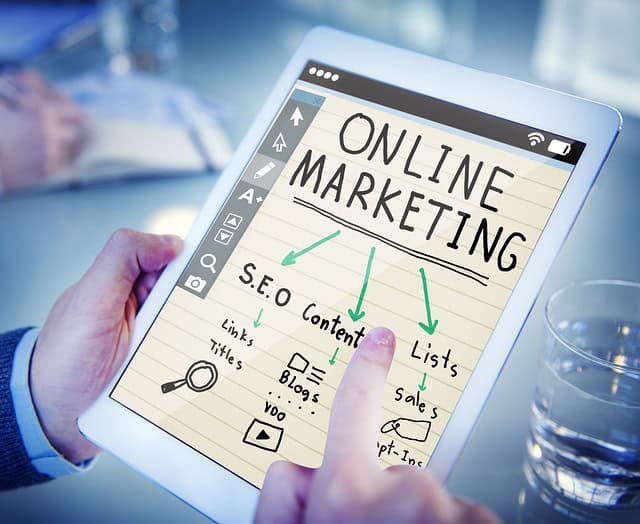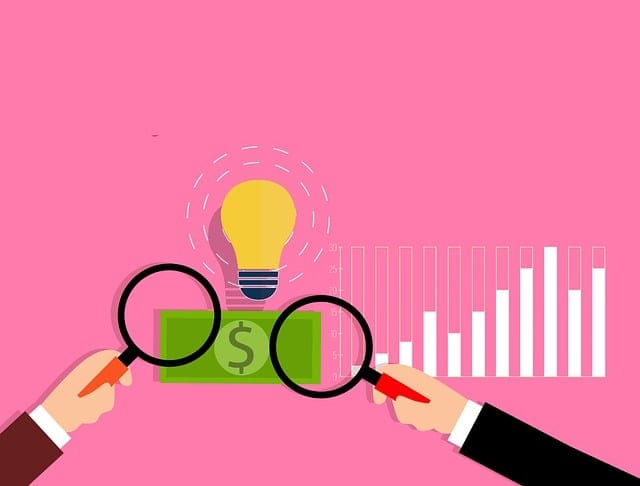Artificial Intelligence (AI) and Machine Learning (ML) have quickly moved from the realm of science fiction into everyday business practices, especially in digital marketing. With the explosive growth of data, increased consumer expectations, and the rise of automation, AI and ML are helping marketers not only streamline operations but also improve customer experiences and drive better results.
In this article, we’ll explore how AI and machine learning are transforming digital marketing strategies, and what marketers can do to harness the power of these technologies to stay ahead of the competition.

What is AI and Machine Learning?
Before diving into the applications of AI and ML in marketing, it’s essential to understand what these terms mean:
The recreation of human intelligence in computers that are designed to understand, learn, and solve problems is known as artificial intelligence (AI). AI systems can process vast amounts of data, recognize patterns, and make decisions based on that data, often with a level of efficiency and speed that far surpasses human capabilities.
A subset of artificial intelligence, machine learning (ML) is a data analysis technique that automates the creation of analytical models.It allows systems to learn from data patterns and improve over time without being explicitly programmed to do so. ML algorithms rely on large datasets to identify trends and make predictions.
Together, AI and ML provide marketers with a powerful toolkit to optimize their strategies, automate processes, and create more personalized, data-driven campaigns.
AI and Machine Learning’s Place in Digital Marketing
Personalization at Scale
Personalization has become a cornerstone of modern marketing. Consumers increasingly expect tailored experiences, from the emails they receive to the products recommended to them. However, creating personalized experiences manually can be time-consuming and resource-intensive.
This is where AI and ML come in. By analyzing consumer behavior, preferences, and past interactions, AI algorithms can predict what content, offers, or products a customer is most likely to engage with. Whether it’s a personalized email, a product recommendation on an e-commerce site, or an ad on social media, AI can create dynamic, individualized content for each user in real-time.
For example, platforms like Netflix and Amazon use AI and ML to recommend movies or products based on past behavior. In e-commerce, retailers can use predictive analytics to suggest products a customer may want to purchase, based on their browsing history and previous purchases.
Optimizing Ad Campaigns with AI
Managing digital advertising campaigns across multiple platforms (Google Ads, Facebook, Instagram, etc.) can be overwhelming. Marketers are often tasked with adjusting targeting, bidding, and creative assets to optimize performance. This is a time-consuming process, and small errors can lead to missed opportunities.
AI and ML can significantly improve the efficiency of paid advertising by automating many of these tasks. AI algorithms analyze performance data in real-time and can adjust bids, targeting, and ad placement automatically to maximize results. For example, Google’s AI-driven smart bidding feature uses historical data and machine learning to adjust bids for each auction, increasing the likelihood of achieving a marketing goal, whether it’s driving conversions or clicks.
Machine learning also enables dynamic creative optimization, where the AI chooses the best-performing creative elements (images, copy, CTA buttons) and assembles them into ads that are most likely to resonate with specific audiences. This is all done in real-time, ensuring that campaigns are continually optimized for better results.
Predictive Analytics for Lead Scoring and Sales Forecasting
AI and ML algorithms can be used to analyze data from various touchpoints in the customer journey, helping marketers predict future behavior. By identifying patterns and trends in historical data, these technologies can help marketers better understand when a lead is most likely to convert, what type of content they are most likely to engage with, and even forecast overall sales performance.
For example, predictive lead scoring is a technique that uses machine learning to assign scores to leads based on the likelihood that they will convert into paying customers. By analyzing a lead’s interactions with your website, emails, and social media, the AI can predict whether the lead is “hot” or “cold” and prioritize those who are most likely to close.
Similarly, predictive analytics can help with sales forecasting by analyzing past sales data, seasonal trends, and external factors like economic conditions. This allows businesses to better allocate resources, plan marketing campaigns, and set realistic revenue goals.

Chatbots and Conversational AI
Customer service and engagement are critical components of the digital marketing experience. In the past, businesses relied heavily on human customer service representatives to answer inquiries and resolve issues. However, this model is no longer scalable or cost-effective, especially for companies with a large customer base or high service volume.
Enter chatbots and conversational AI. These AI-driven tools are capable of handling customer inquiries, assisting with product recommendations, and even helping complete transactions—all in real-time. Chatbots can be implemented on a number of platforms, such as social media, messaging apps, and websites.Machine learning powers the ability of chatbots to learn and improve their interactions over time. For example, as customers engage with a chatbot, the system can analyze their responses, identify their needs, and refine its answers. As the chatbot becomes more sophisticated, it can handle increasingly complex inquiries, delivering a seamless customer experience.
Email Marketing Optimization
AI and ML have revolutionized email marketing by making it smarter and more effective. Traditional email marketing campaigns were often sent out to large lists with little personalization. However, with AI-driven tools, marketers can optimize every aspect of an email campaign, from timing to subject lines to content.
AI can analyze data to determine the best time to send an email to a particular segment of customers, maximizing the chances of the email being opened. Machine learning algorithms can also test different subject lines, layouts, and calls to action (CTA) to determine what resonates best with each audience segment. This allows for hyper-targeted campaigns that deliver higher open rates, click-through rates, and conversion rates.
Additionally, AI can automate the process of segmenting email lists based on customer behaviors, demographics, and past interactions, ensuring that each message is highly relevant to the recipient.
Improved Customer Insights and Sentiment Analysis
Understanding customer sentiment and gathering insights is crucial to effective marketing. Traditional methods of gathering customer feedback, such as surveys and focus groups, are often slow and limited in scope. AI and ML provide more scalable, real-time solutions.
Sentiment analysis is a process that uses natural language processing (NLP) to determine the emotional tone behind text-based content, such as social media posts, customer reviews, or emails. By analyzing these data points, AI systems can identify whether customers are expressing positive, negative, or neutral sentiments about a brand, product, or service.
This analysis provides marketers with a wealth of information about customer preferences, pain points, and brand perception. By understanding sentiment in real-time, marketers can quickly adjust their strategies, whether it’s tweaking ad creatives or addressing a customer service issue on social media.

Conclusion
AI and machine learning are no longer futuristic concepts—they are already integral to the digital marketing strategies of leading brands worldwide. From personalized customer experiences to smarter ad campaigns and improved customer insights, AI and ML are enhancing the way marketers engage with their audience and achieve business goals.
For marketers looking to stay ahead of the curve, embracing these technologies is not optional. By integrating AI and machine learning into their digital marketing efforts, businesses can unlock new efficiencies, improve customer satisfaction, and drive growth. The future of marketing is smart, automated, and data-driven, and AI is at the heart of it all.










